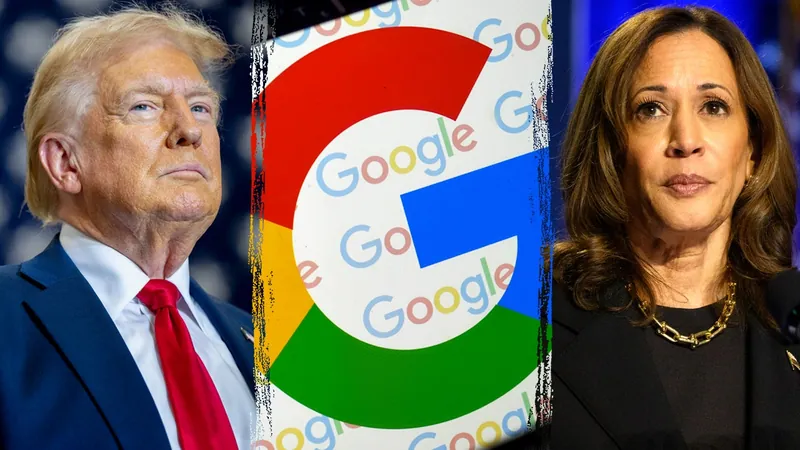
Google Allegedly Censors Trump Ads Faster Than Harris, Sparking Controversy for Entrepreneur Grant Cardone
2024-09-30
Introduction
In a recent controversy surrounding social media and advertising censorship, Grant Cardone, a prominent real estate investor and entrepreneur, has raised concerns about the treatment of political content on Google-owned platforms.
Claim of Censorship
Cardone, who has been active on YouTube since 2007, claims that his support for former President Donald Trump has led to increased scrutiny and harsher restrictions on his advertisements compared to content featuring Vice President Kamala Harris.
Immediate Action and Delays
Cardone stated that Google 'immediately' flagged an ad that included Trump imagery while delaying similar action on Harris-related content by nearly two weeks.
Business Context
He emphasized that his business, 10X Studios, focuses on entrepreneurial education and was not aiming to promote political figures or campaigns.
Increasing Restrictions
Cardone alleged that their ads, which had run without issue for 18 months, faced a significant spike in disapprovals and account suspensions since he began publicly supporting Trump.
Support from Leadership
The CEO of Cardone Enterprises, Jarrod Glandt, echoed these sentiments, expressing confusion over the sudden increase in account restrictions.
Comparison of Ad Treatments
In a now-viral Instagram reel, Cardone illustrated this issue by explaining how one of his original ads featuring Trump was deemed 'ineligible' for monetization due to 'election advertising.' In contrast, a later ad that he altered to feature Harris went unchecked for a longer period.
Google's Response
A spokesperson from Google responded to these claims, stating that the flagged ads did not comply with their election advertising verification process, which is mandatory for any advertisements referencing political figures.
Ongoing Investigations
This scrutiny of Google comes at a time when the company is facing antitrust challenges from the Department of Justice over allegations of monopolistic practices in the advertising sector.
Alternative Platforms
Cardone's experience has prompted him to explore alternative platforms for his content, such as Rumble and X (formerly Twitter), as he seeks to prioritize free speech and less restrictive advertising environments.
Conclusion
As political discourse continues to intertwine with digital platforms, the debate on censorship and fairness in advertising is likely to intensify, raising critical questions about freedom of expression in today's tech landscape.


 Brasil (PT)
Brasil (PT)
 Canada (EN)
Canada (EN)
 Chile (ES)
Chile (ES)
 España (ES)
España (ES)
 France (FR)
France (FR)
 Hong Kong (EN)
Hong Kong (EN)
 Italia (IT)
Italia (IT)
 日本 (JA)
日本 (JA)
 Magyarország (HU)
Magyarország (HU)
 Norge (NO)
Norge (NO)
 Polska (PL)
Polska (PL)
 Schweiz (DE)
Schweiz (DE)
 Singapore (EN)
Singapore (EN)
 Sverige (SV)
Sverige (SV)
 Suomi (FI)
Suomi (FI)
 Türkiye (TR)
Türkiye (TR)